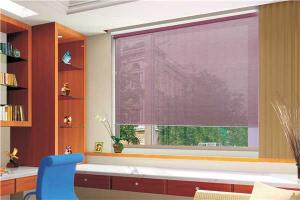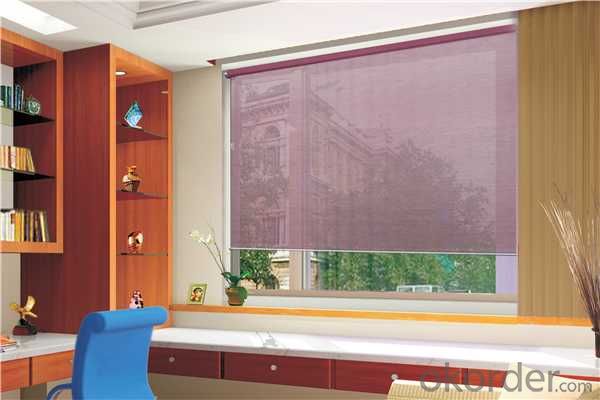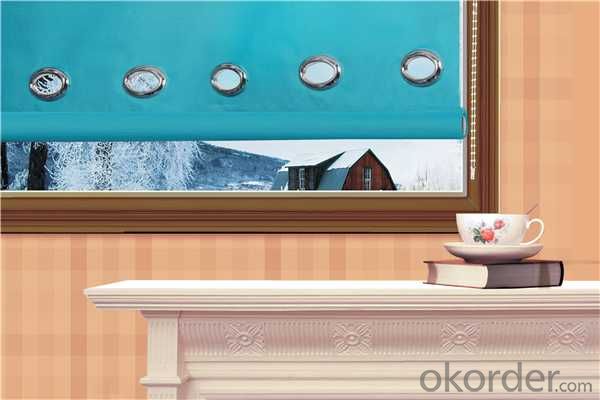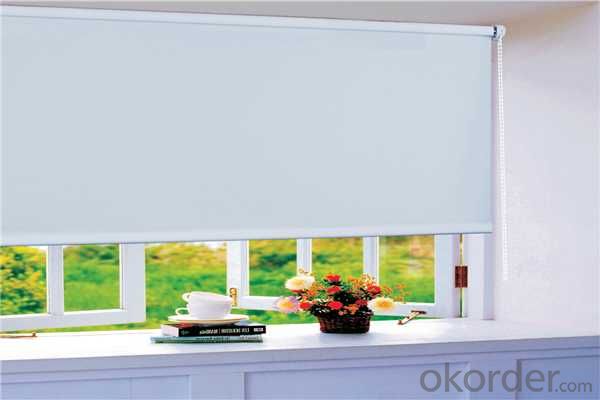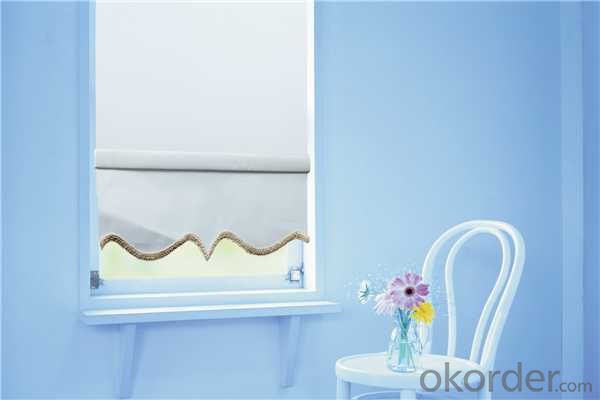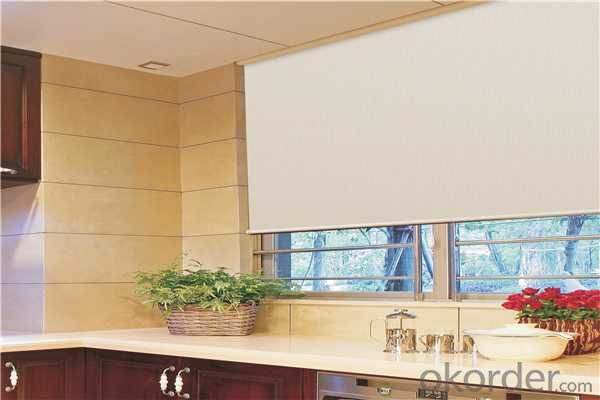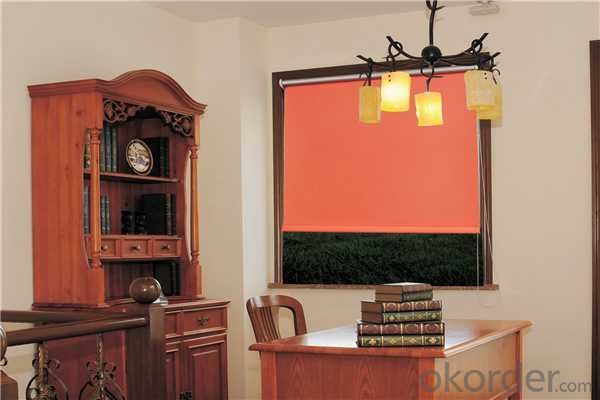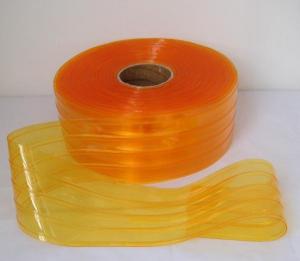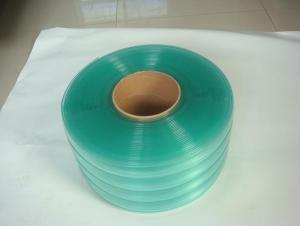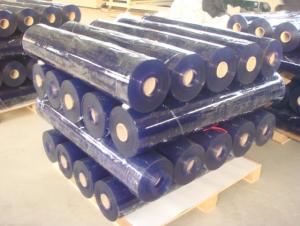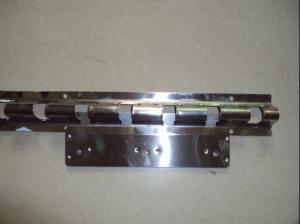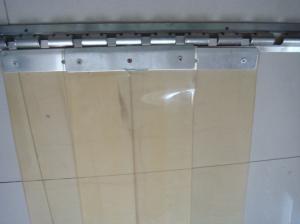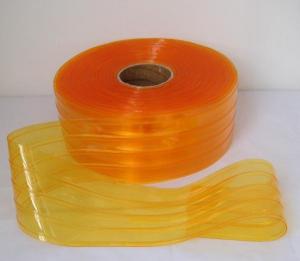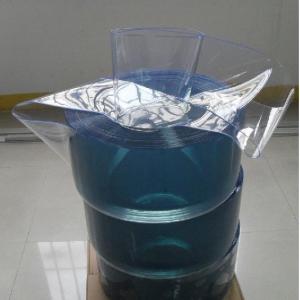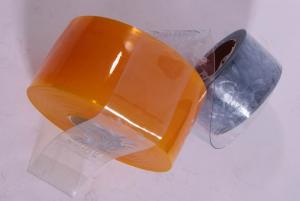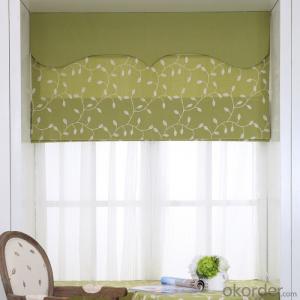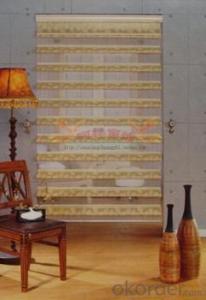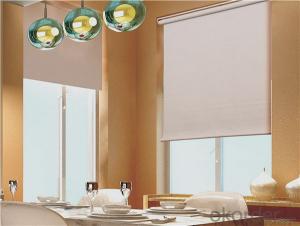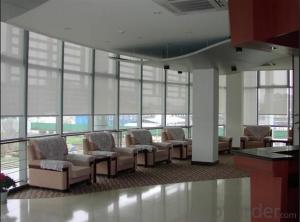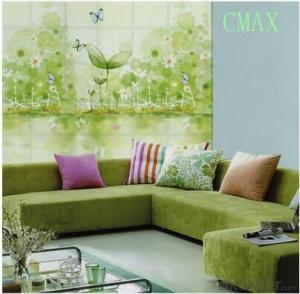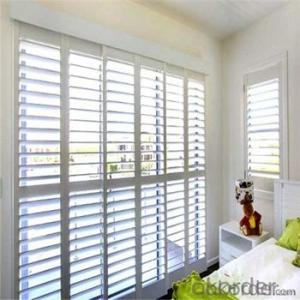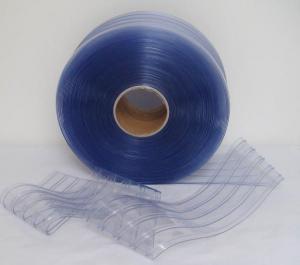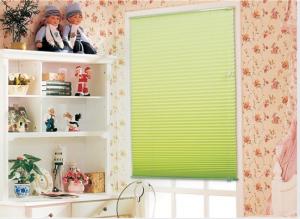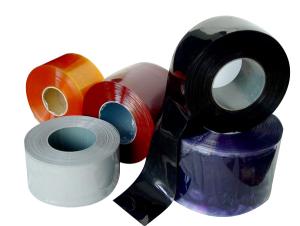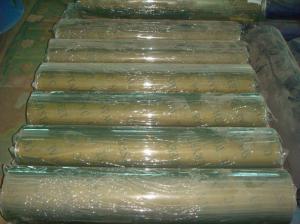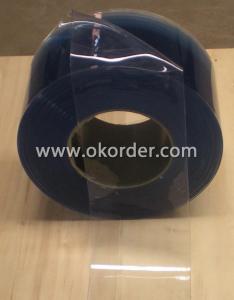Sunscreen Roller Blind Curtaion Used For Office
- Loading Port:
- Ningbo
- Payment Terms:
- TT or LC
- Min Order Qty:
- 1000 m
- Supply Capability:
- 500000 m/month
OKorder Service Pledge
Quality Product, Order Online Tracking, Timely Delivery
OKorder Financial Service
Credit Rating, Credit Services, Credit Purchasing
You Might Also Like
The curtain could be used in home and office for decorating or shading. The material of products in our company is eco- friendly and durable, and the UV-protection for this goods is strong. It's easy to install and disassemble to clean. And it looks quite beautiful and practical. The main materials for curtain are polyester and non-woven cloth, its track is aluminum and the snap is plastic.At the same time, Material, color and size can be customized as customer's demand.
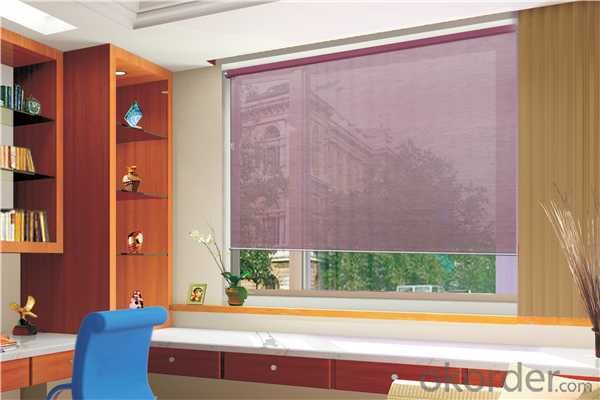
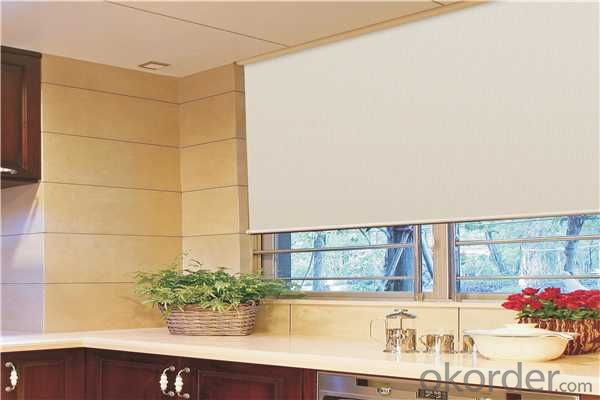
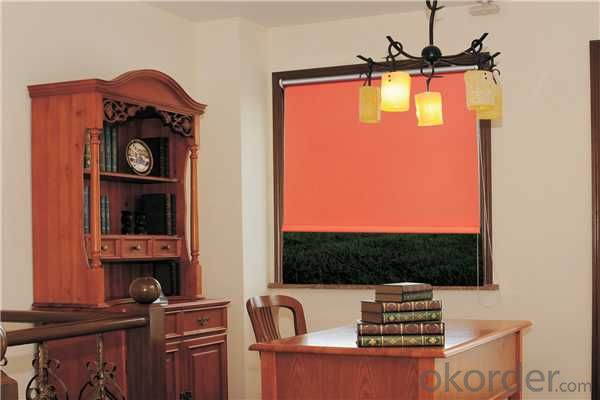
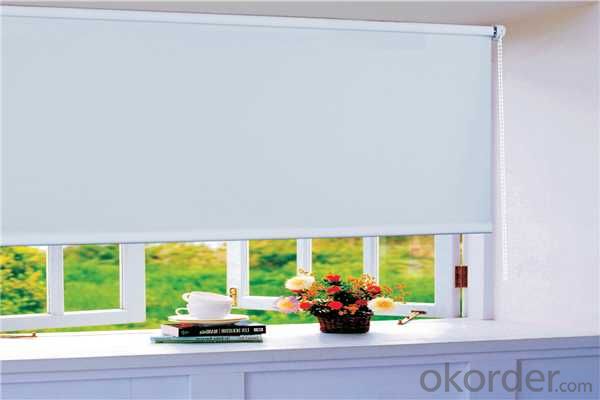
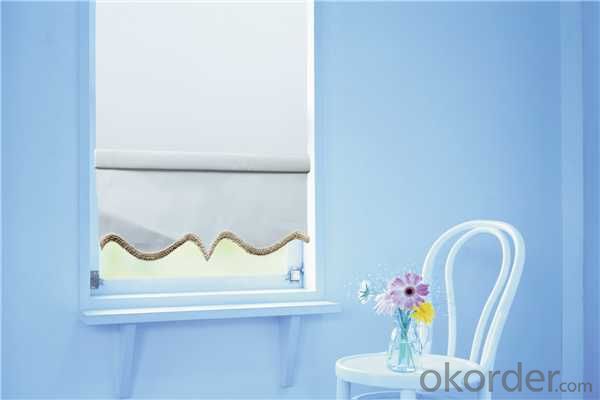
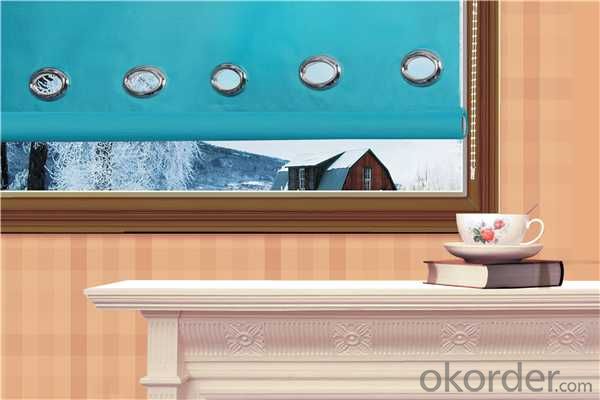
- Q: Are there any concerns with using plastic in appliances that come in contact with food?
- Yes, there are concerns with using plastic in appliances that come in contact with food. Plastic can contain potentially harmful chemicals like bisphenol A (BPA) and phthalates, which may leach into the food when exposed to heat or acidic ingredients. These chemicals have been linked to various health issues, including hormonal disruptions and increased risk of certain diseases. Therefore, it is advisable to choose appliances made from food-grade or BPA-free plastics, or opt for appliances with alternative materials like stainless steel or glass for direct food contact.
- Q: How does plastic affect the ease of transportation for home appliances?
- Plastic materials used in home appliances can actually improve the ease of transportation. Plastic is lightweight, making appliances easier to lift and maneuver during transportation. Additionally, plastic packaging and protective casings provide better insulation and shock absorption, reducing the risk of damage during transit.
- Q: How do plastic home appliances compare in terms of design options?
- Plastic home appliances offer a wide range of design options due to the flexibility and versatility of the material. Manufacturers can mold plastic into various shapes, sizes, and colors, allowing for more creative and unique appliance designs compared to other materials. Additionally, plastic can be easily modified and customized, enabling manufacturers to incorporate innovative features and ergonomic designs.
- Q: Can plastic home appliances be easily programmed or automated?
- Yes, plastic home appliances can be easily programmed or automated. With the advancement in technology, plastic appliances can be equipped with electronic components and sensors that enable them to be programmed and automated.
- Q: Can home appliance plastics be easily replaced with more sustainable alternatives?
- Yes, home appliance plastics can be easily replaced with more sustainable alternatives. With advancements in technology and increasing awareness about environmental concerns, manufacturers have been developing and using various sustainable materials such as bioplastics, recycled plastics, and plant-based alternatives. These alternatives not only reduce the reliance on non-renewable resources but also minimize the carbon footprint associated with the production and disposal of traditional plastics. Additionally, consumers are increasingly demanding eco-friendly products, which further encourages the industry to adopt more sustainable options for home appliances.
- Q: What are the common plastic components found in ovens and stoves?
- Common plastic components found in ovens and stoves include control knobs, buttons, display panels, door handles, and various internal parts such as fan blades and covers.
- Q: What are the considerations for using dishwasher-safe plastic in home appliances?
- When using dishwasher-safe plastic in home appliances, there are a few considerations to keep in mind. Firstly, it is important to ensure that the plastic is indeed labeled as dishwasher-safe, as not all types of plastic can withstand the high temperatures and harsh detergents used in dishwashers. Secondly, it is crucial to follow the manufacturer's instructions regarding temperature limits and cycle options to prevent damage to the plastic. Additionally, it is advisable to avoid using abrasive scrubbers or harsh chemicals that may degrade the plastic over time. Regular inspection of the plastic for any signs of wear or damage is also recommended to ensure its continued safety and effectiveness.
- Q: Can home appliance plastics be easily replaced if they break or wear out?
- Yes, home appliance plastics can generally be easily replaced if they break or wear out. Most home appliances have removable plastic parts that can be detached and replaced with new ones. Additionally, many manufacturers offer replacement parts and accessories to ensure the longevity and functionality of their appliances. However, the ease of replacement may vary depending on the specific appliance and the availability of spare parts.
- Q: Are there any concerns with using plastic in appliances that generate vibrations?
- Yes, there are concerns with using plastic in appliances that generate vibrations. Vibrations can cause stress and fatigue on the plastic components, potentially leading to cracking, warping, or even failure over time. Additionally, plastic may not provide the same level of stability and durability as other materials like metal, which could affect the overall performance and lifespan of the appliance.
- Q: Are there any specific guidelines for using home appliances with plastic parts in areas with high levels of moisture?
- Yes, there are specific guidelines for using home appliances with plastic parts in areas with high levels of moisture. It is generally recommended to choose appliances with moisture-resistant materials and finishes, such as stainless steel or moisture-resistant plastics. Additionally, it is important to ensure proper ventilation and regular maintenance to prevent moisture buildup and potential damage to the plastic parts.
Send your message to us
Sunscreen Roller Blind Curtaion Used For Office
- Loading Port:
- Ningbo
- Payment Terms:
- TT or LC
- Min Order Qty:
- 1000 m
- Supply Capability:
- 500000 m/month
OKorder Service Pledge
Quality Product, Order Online Tracking, Timely Delivery
OKorder Financial Service
Credit Rating, Credit Services, Credit Purchasing
Similar products
Hot products
Hot Searches
